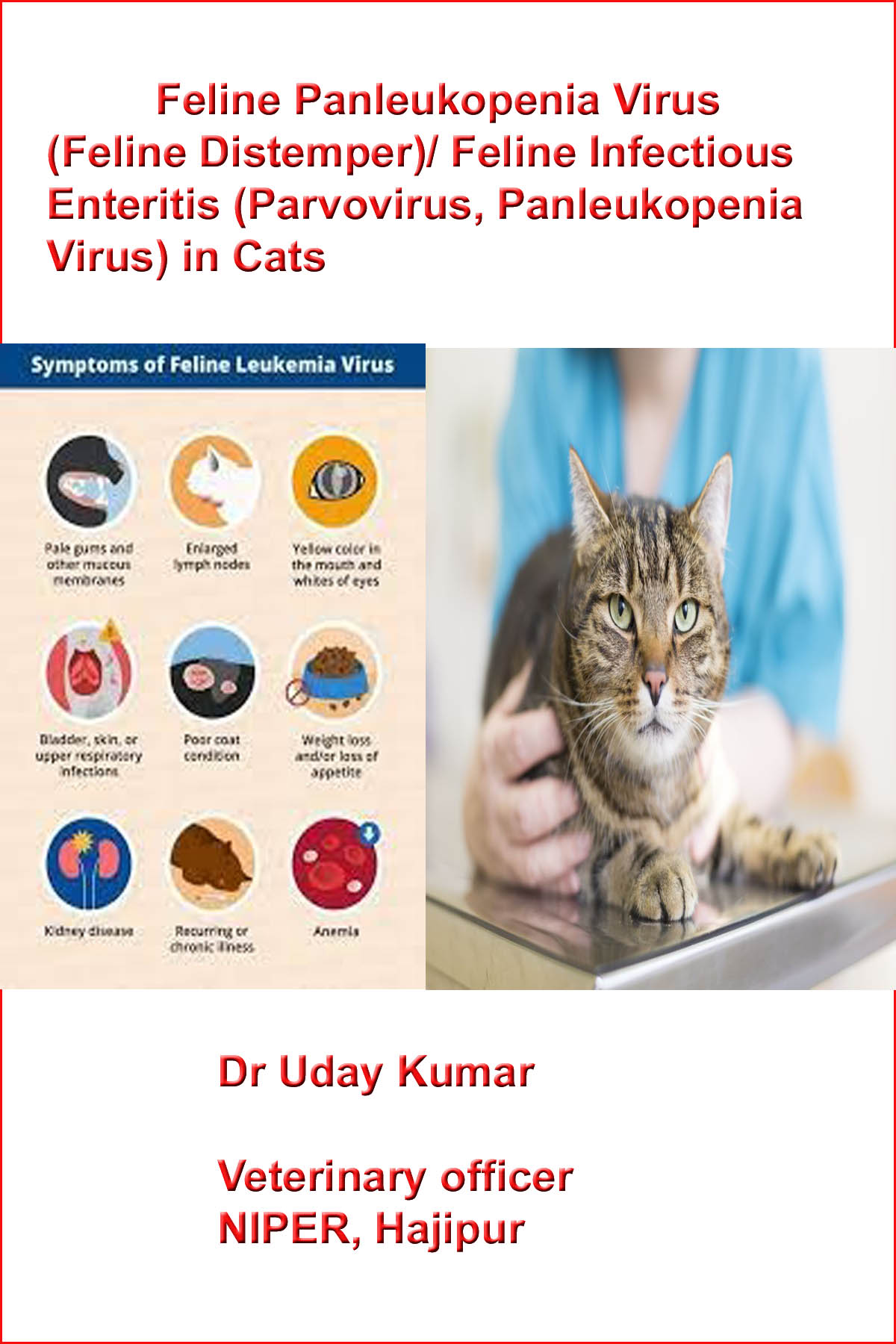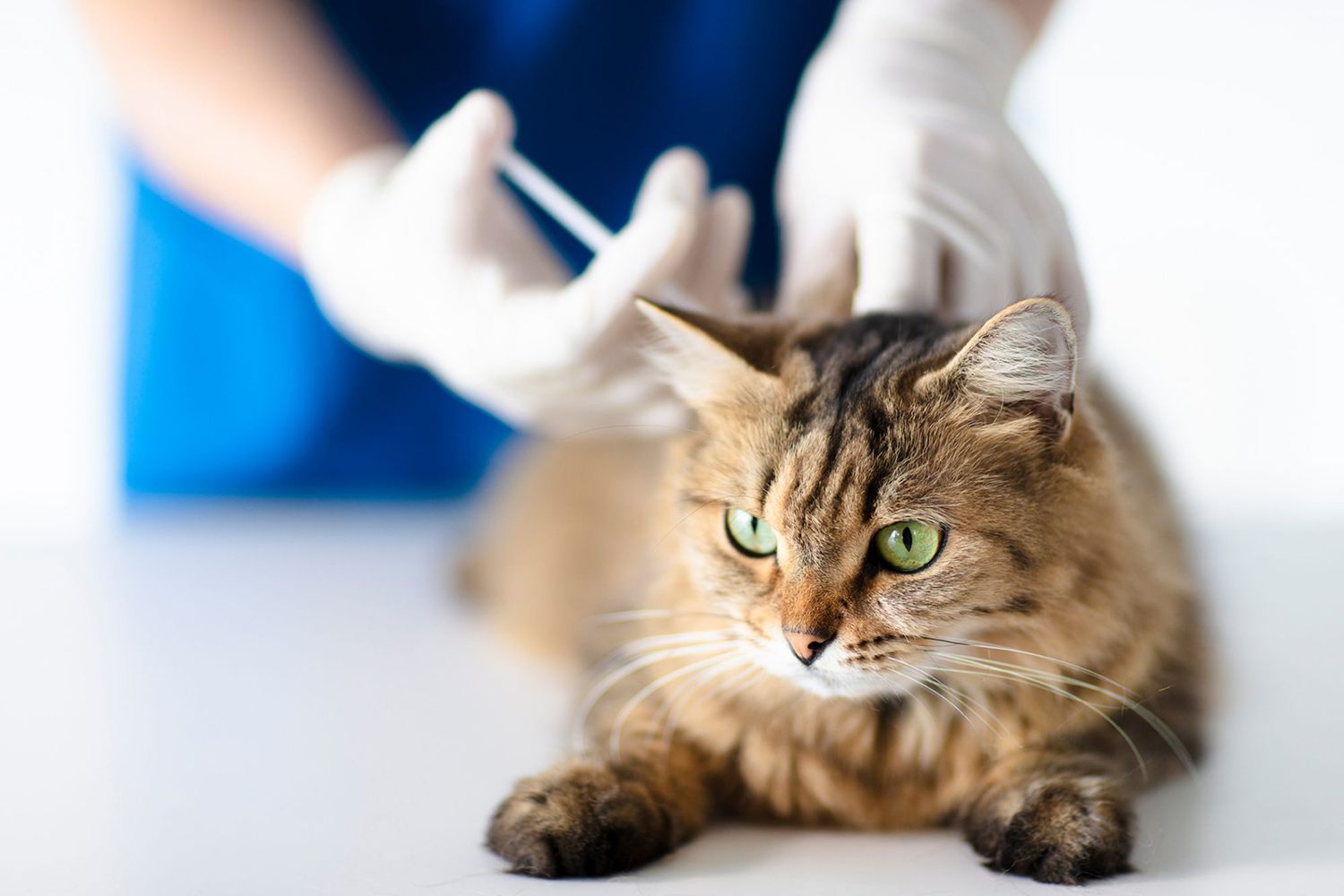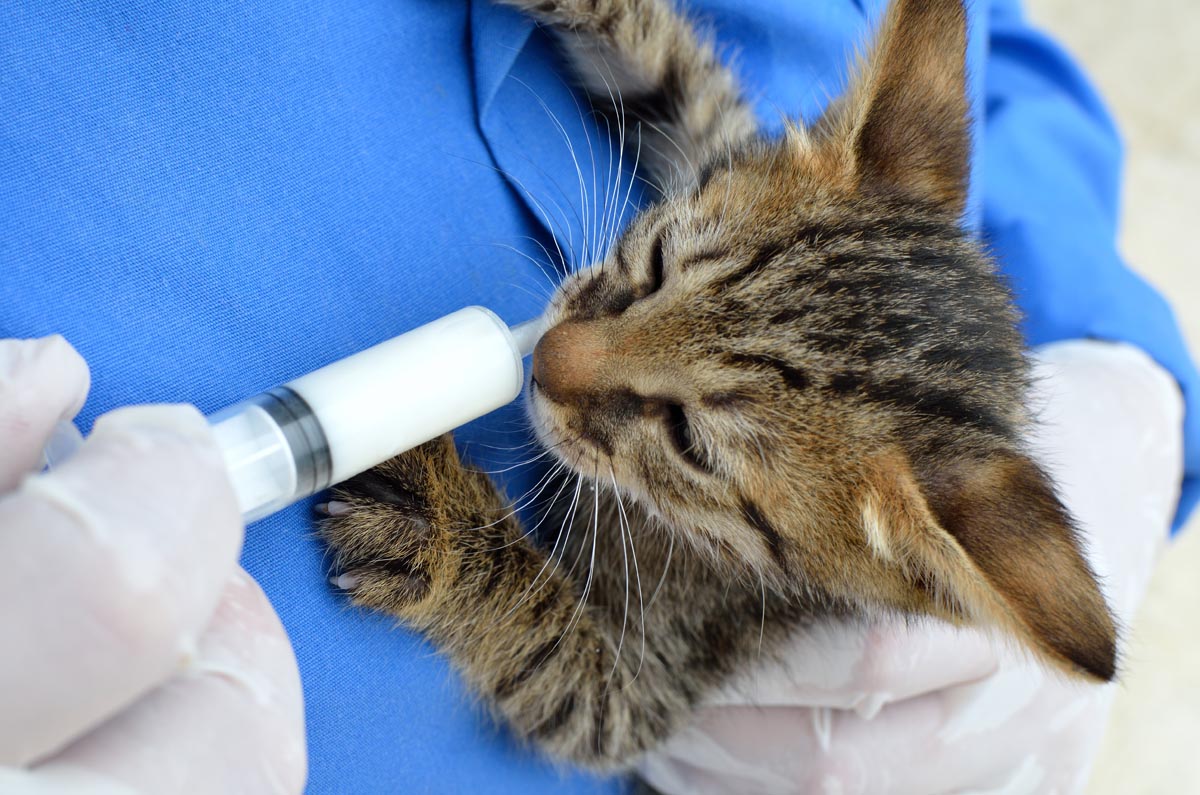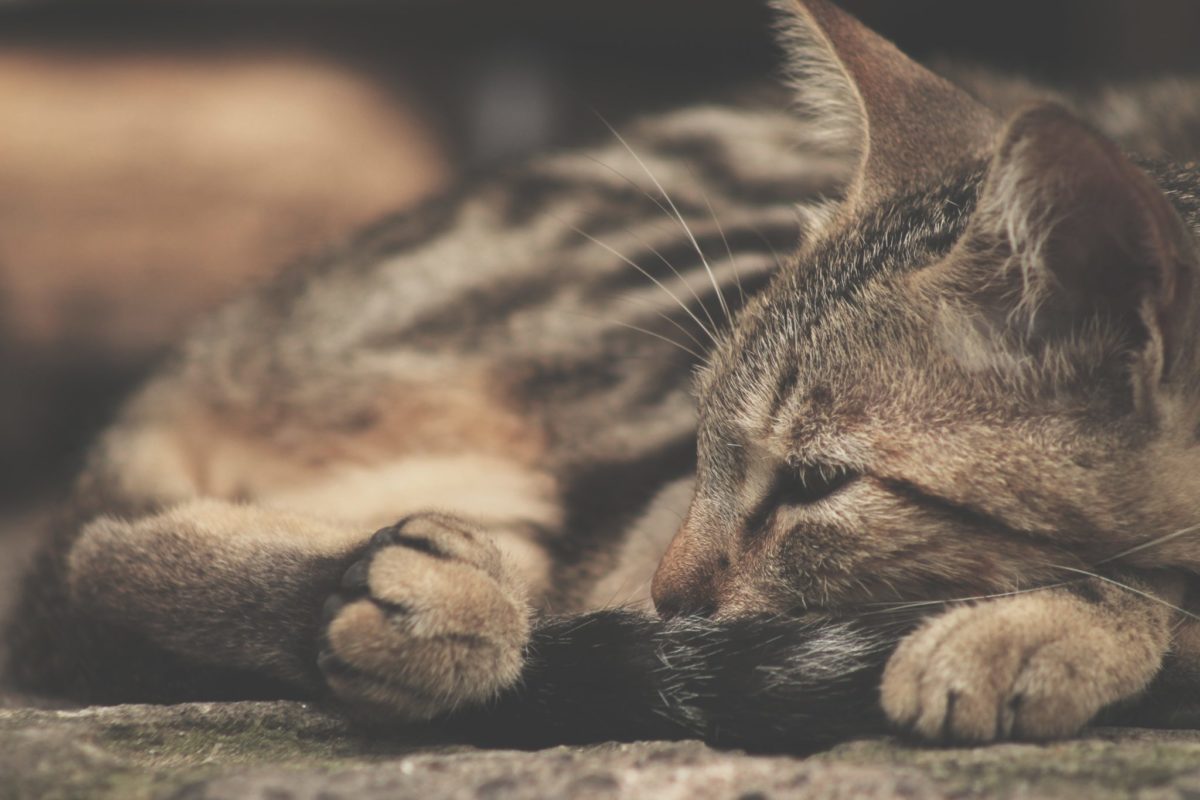Can Cats Get Parvo Or Distemper

So yes cats can get parvo if they are exposed to feces of an infected animal.
Can cats get parvo or distemper. Vomiting diarrhea seizures twitching and loss of muscle control is usually present. Parvoviruses do primarily affect kittens and puppies but cats and dogs of any age can be affected if they are unvaccinated or havent previously been exposed. Highly contagious and potentially deadly Parvo in Cats has been on the rise in populations across the world.
Feline parvovirus is different than canine parvovirus and only causes disease in cats. The parvo virus that wreaks havoc in cats is called Feline Parvovirus or Feline Panleukopenia. If these symptoms are occurring it is always recommended a vet be seen to determine with certainty if parvo is the underlying cause or not.
Feline distemper can lead to anemia and paves the way for other bacterial or viral infections. How to diagnose and treat parvo in cats is rather simple with lab tests and antibiotics but you must act quickly. Fuller the virus can be shed through a cats bodily secretions including saliva nasal discharges and urine but it is most commonly shed through feces.
They are so closely related that the cat type can affect the dog and vice versa. Feline Distemper medically termed as Feline Panleukopenia Virus FPV is a viral disease that is both highly contagious and deadly. Common symptoms of feline panleukopenia parvo include.
BUT given that the canine strain is thought to be a mutation of feline parvo questions continue to surface as to whether or not cats are susceptible to contracting canine parvo or at least certain cats or certain strains. Do cats get parvo. Mary Fuller a veterinarian from Minneapolis Minnesota.
Yes parvo in cats is transmissible to other unvaccinated cats. The onset of distemper in cats is usually sudden. Some years it is more contagious than others and has varying survival rates.





-Step-12.jpg)













